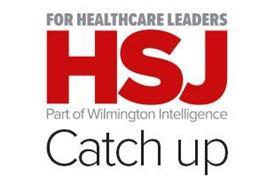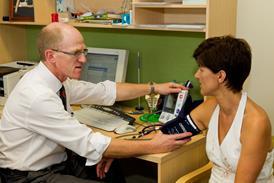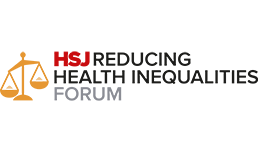Clinical negligence claims are often built upon a lack of adequate documentation of what was said and allegations that patients have not been properly counselled about risks and alternatives. Elizabeth Thomas explores what this means for the increasingly significant role of telemedicine and the steps which can go a long way in reducing the burden on patients and the public purse

As a result of social distancing, technology is developing to assist those who can work from home and/or in isolation from others. Medicine is no different.
Prevalence of Telemedicine
Sponsored by
Telemedicine was a well-known phenomenon prior to covid-19 and involves a telephone or video call between clinician and patient, or between clinicians. Any of these may raise practical or technological challenges which go beyond this article. Nonetheless, we expect that telemedicine will have an increasingly significant role to play in primary and secondary healthcare provision both in the current pandemic, the post-covid-19 epoch and in future pandemic planning (see NHSX).
 Elizabeth Thomas
Elizabeth Thomas
Guidance from the General Medical Council and the Royal College of Surgeons makes it clear that there is nothing wrong with telemedicine in appropriate cases. However, those cases will depend upon a number of factors, including the complexity of the disease and the clinician’s knowledge of the patient.
Documenting that a patient understands information can be difficult, possibly more so by telemedicine, but may be assisted with sketches and leaflets, the provision of which should be clearly identified in the clinic letter
Where healthcare providers offer telemedicine, patients should be made aware in advance of the limitations, and that accepting a virtual consultation does not prevent them from seeking a “traditional” appointment, nor does it guarantee that the clinician will be able to assist remotely.
Standard of Care – Consent
Clinical negligence claims are often built upon a lack of adequate documentation of what was said and allegations that patients have not been properly counselled about the risks and alternatives open to them. In law, the counselling process is judged not by a body of medical opinion providing the information, but of satisfying a reasonable person in the patient’s position and ensuring the patient understands any “material risks”.
Material Risks
“Material risks” are not only those to which a reasonable patient would attach significance, but also what that particular patient would consider significant. The latter subjective test may be more difficult to achieve by telephone (perhaps not by video) where physical cues will be lacking. To try and guard against this, patients could sensibly be asked to consider, in advance of the appointment, their own subjective priorities. This may assist them in articulating the priorities to the healthcare provider who, in turn, will be aided in ensuring that the discussion covers all “material risks”.
Documenting – Information shared and understanding
Clinic letters should evidence that relevant information was shared with the patient during the appointment. However, significant care must be had to documenting that not only was the information shared, but that the healthcare provider had a reasonable belief that the patient understood the information provided.
Documenting that a patient understands information can be difficult, possibly more so by telemedicine, but may be assisted with sketches and leaflets, the provision of which should be clearly identified in the clinic letter. The clinic letter should also invite patients to return should it identify a misunderstanding that was not apparent to the patient in the consultation.
Conclusion
Investment in, and popularity of, telemedicine may be one way in which we will see a change in healthcare post-covid-19. However, as with all changes it is important to ensure that the basics are not left behind. When the Treasury provision for clinical negligence claims is likely to pass £90 billion this year, small tweaks to healthcare consultations and letters can go a long way.
Elizabeth Thomas is a solicitor and partner in the Healthcare Litigation Team at Hempsons, London



























